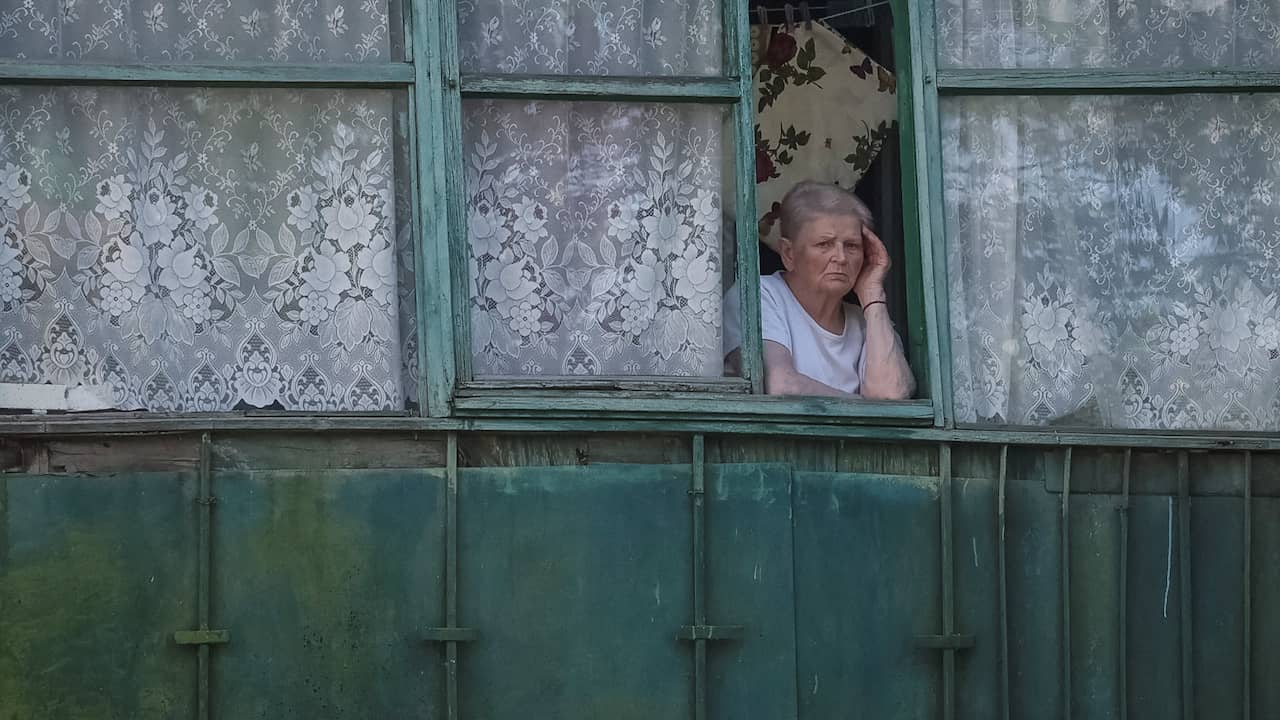It is not possible to reduce the waiting lists for people with an eating disorder. The number of patients is increasing and the time you have to wait for treatment is also increasing, according to a tour of EenVandaag. And that has major consequences.
“The mental health care system was already overloaded, but now it is really getting out of hand. You notice that waiting times are only increasing,” says pediatrician Annemarie van Bellegem of Amsterdam UMC. “The waiting times are sometimes half a year and sometimes even longer.”
‘Institutions point to each other’
According to Van Bellegem, the long-term impact of an eating disorder is underestimated. “They are people who can suffer from their eating disorder for the rest of their lives and therefore need to be treated quickly and properly.”
Due to the increasing number of patients and the dropout of healthcare staff, the care for eating disorders has become so overloaded that many people can only go if the problems are really serious, says Van Bellegem. “Institutions refer to each other and that’s how you, as a patient, are sent from pillar to post.”
Are you dealing with an eating disorder and are you looking for help? Talk to a counselor from MIND Kor Relatie via 0900-1450 or find here more possibilities. Or check out the website of First EET Kit.
–
–
bad relationship
Anouk Visser knows what it’s like to look up to a long wait. She developed an eating disorder when she was 20: “I just came back from a trip around the world and had gained some weight. I thought: I’ll work it out.”
“I ended up in a ‘toxic relationship’ with someone who really talked me into that it was better to lose some weight. From there it slowly deteriorated,” she says.
also watch
Lockdown as low point
“I was always very insecure and therefore easily influenced. I’ve had many different treatments and in waves sometimes it went well and other times it didn’t.” Anouk says that the lockdown in 2020 was one of the lows in her journey.
“I noticed that I found it very difficult to deal with the change. It isolated me. And because there were no clinics open, I didn’t really know where to go.”
–
No waiting time
On the recommendation of her work, Anouk ended up at Isabelle Plasmeijer’s IsaPower. She didn’t have to be on a waiting list. IsaPower works with experienced experts. They do not see themselves as a bridging waiting period, but as a coaching program for people with an eating disorder.
“What we often notice with our clients is that they really see the value of people who have recovered from an eating disorder. We make our contact accessible and can see our clients in the short term,” says Plasmeijer.


